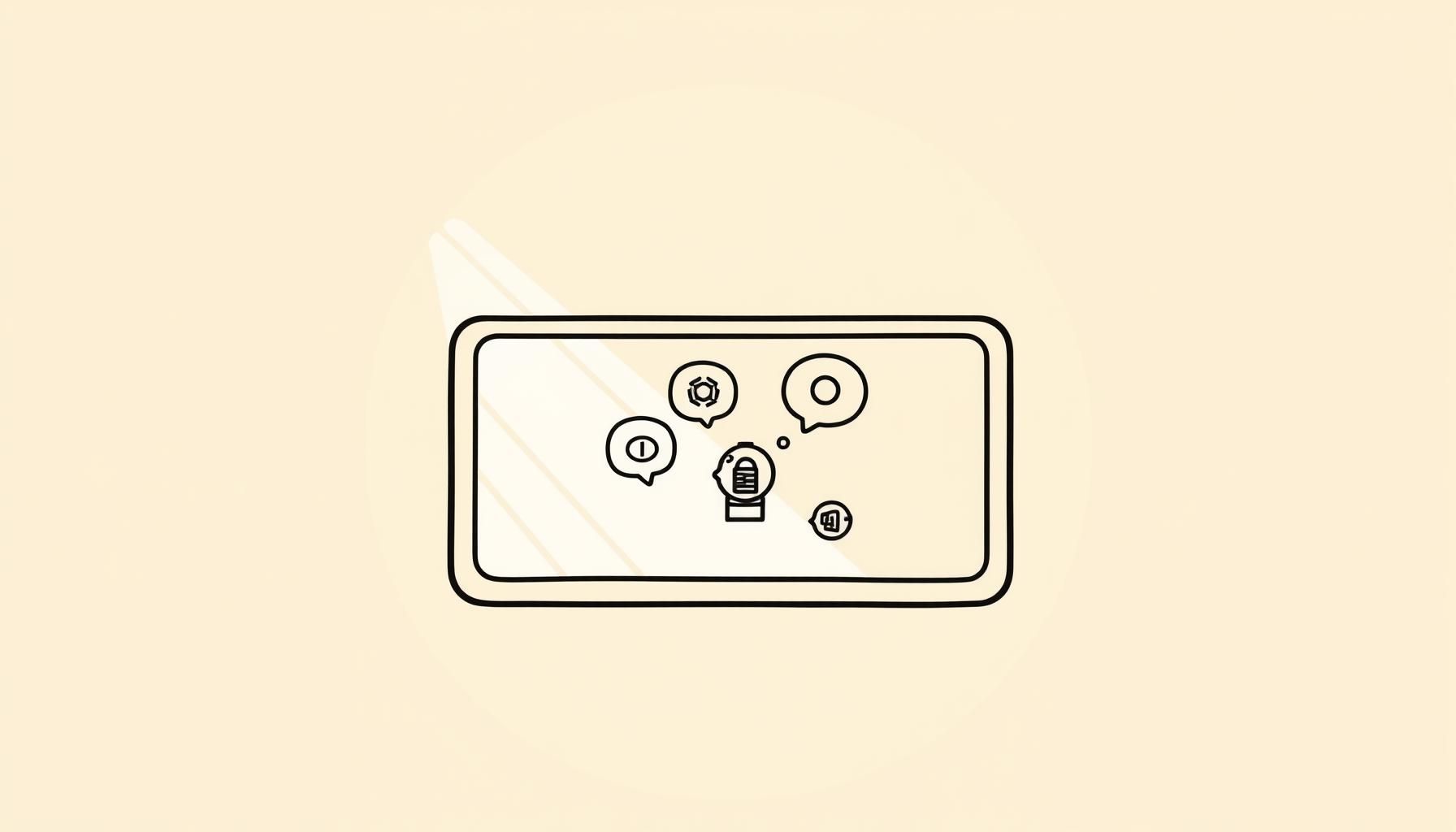
Raising Critical Thinkers in an AI World
The morning sun streams through our windows, spilling golden light across the floor—a quiet reminder that the world outside is buzzing with life. Like so many parents in today’s tech-driven age, I often find myself watching my daughter with a mix of wonder and concern. Those little fingers flying across screens that respond instantly, those big eyes taking in information at lightning speed. What’s really happening behind these dazzling interfaces? Are our children building essential thinking muscles, or are they becoming passive recipients of someone else’s thoughts? This question has kept me awake many nights, fueled by love for our child and a hope that she learns to navigate this complex world with wisdom discernment.
How Does AI Impact Kids’ Critical Thinking?
Here’s the thrilling part: AI tools can absolutely supercharge our children’s learning journey, but they require thoughtful navigation! Research shows that most AI systems are designed to be output-driven—they focus on what they can produce rather than how they shape our children’s thinking process. As parents, we need to understand this distinction because it’s revolutionary!
The first time we watched our daughter interact with an AI chatbot, something remarkable happened. Her natural curiosity—those endless questions about why the sky is blue and how birds fly—temporarily quieted as the AI delivered complete answers at lightning speed. It was like watching a fire dim when the fuel shifted direction. In that moment, we recognized something profound: the AI was providing answers without stimulating the critical thinking muscles that actually build understanding. The magic wasn’t just in having information, but in how we engage with it.
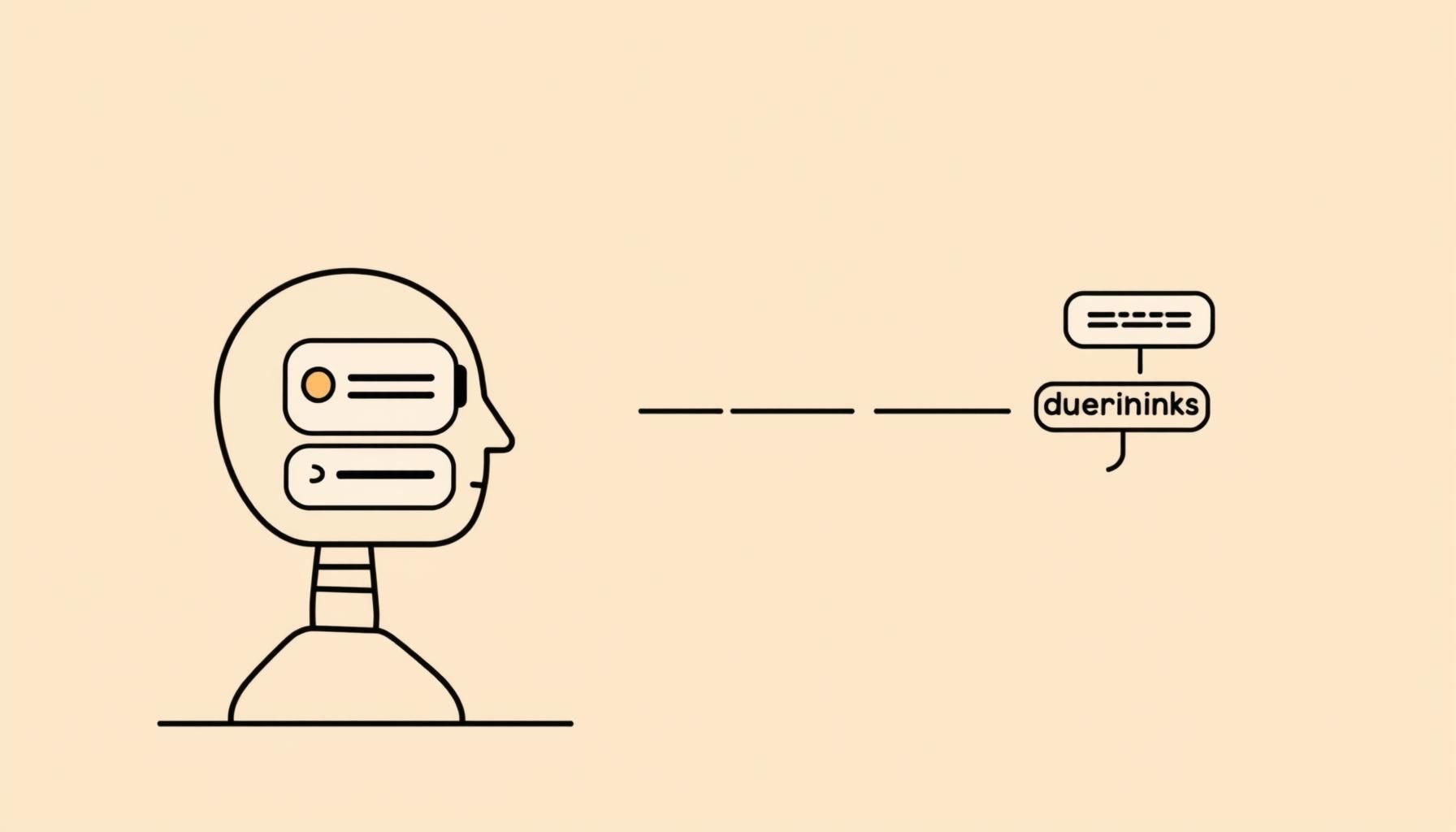
So we flipped the script! We started treating AI differently in our home—not as a source of ultimate truth, but as one perspective among many. Now when our daughter asks questions and the AI responds, follow up with: ‘That’s really interesting what the AI suggests! What do you think about that? What makes you agree or disagree?’ This tiny shift transformed everything from passive consumption to active engagement, like discovering a hidden superpower we didn’t know we had! It builds those critical thinking skills naturally and joyfully.
Can AI Be a Critical Thinking Partner?
Picture this explosion of possibilities: AI tools designed not to replace human thinking, but to boost our critical thinking abilities! The research suggests an exciting future where AI acts as a ‘thought partner’—one that also challenges our assumptions and encourages us to dig deeper. Isn’t that mind-blowing?
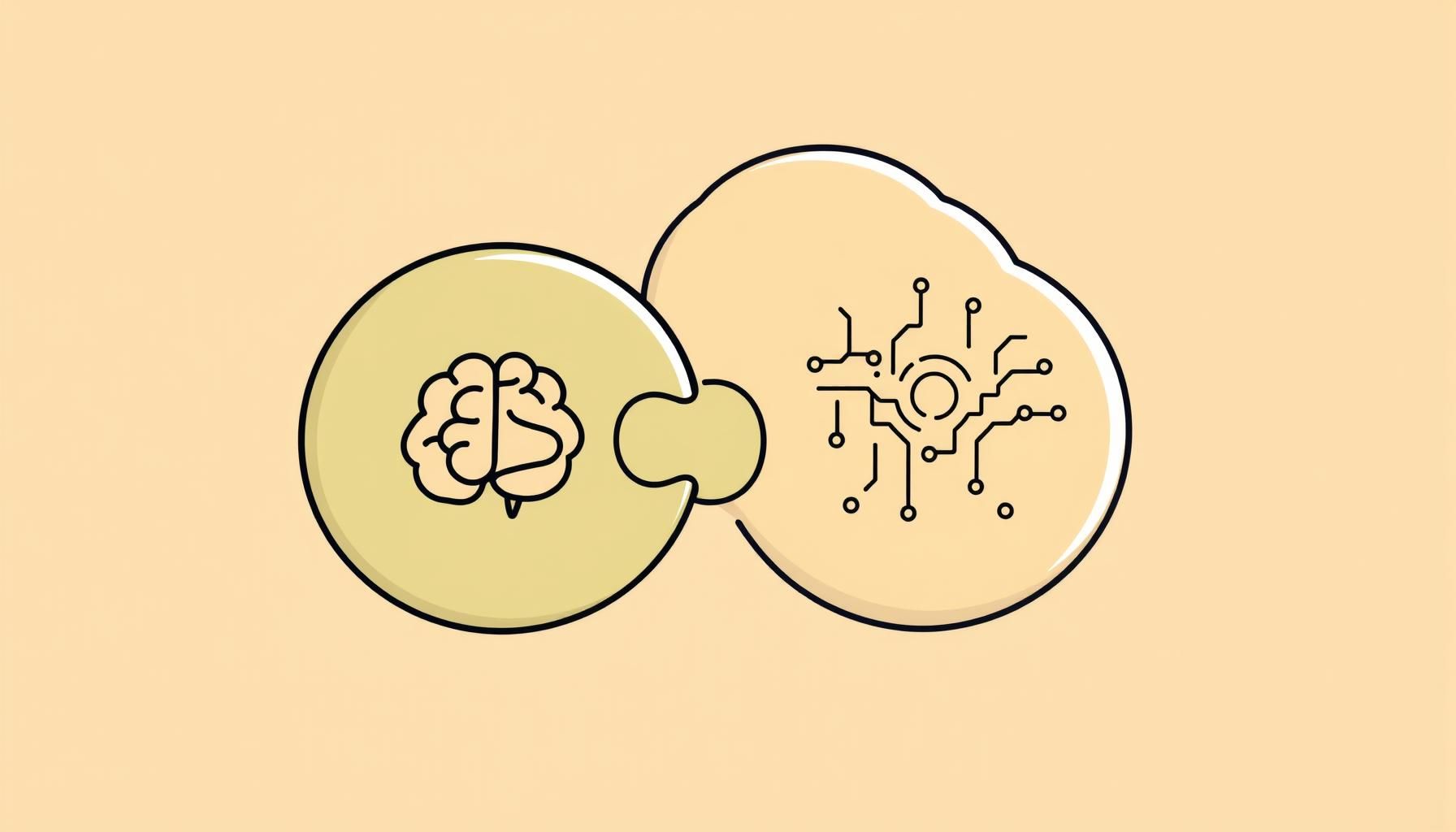
Think about it like blending ingredients for the perfect dish—traditional wisdom with innovative techniques! Just as we’ve learned to harmonize traditional values with modern approaches in our family’s journey, AI can complement human thinking rather than overshadowing it, creating something richer and more meaningful together.
One technique that’s absolutely revolutionized our home: using AI for ‘provocative questions’ instead of answers! Instead of asking ‘What is the capital of France?’ we now ask ‘If you could design a new country, how would you choose its capital city and why?’ The former gets a quick response; the latter explodes into imagination, reasoning, and critical thinking—with AI playing the role of curious companion rather than all-knowing authority. It’s like opening doors to possibilities instead of handing over maps!
Building Critical Thinking Skills With AI
What if AI tools clearly showed what children must do versus what machines can assist with for developing these thinking skills? This is exactly what brilliant minds are exploring right now, and the results are absolutely electrifying! Developing these thinking muscles is like building physical strength—it requires regular exercise that’s challenging but not overwhelming.
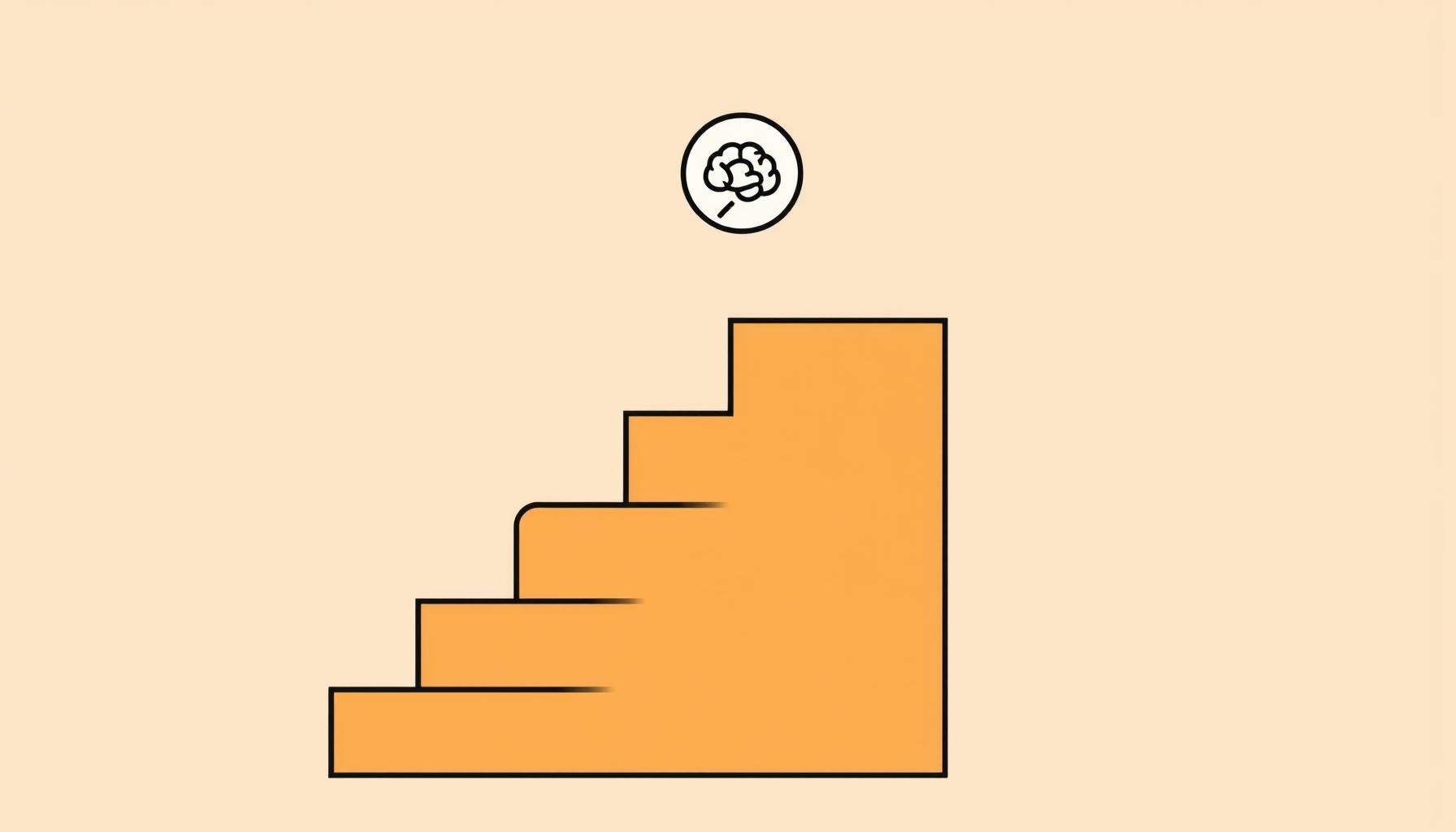
Our daughter’s school recently incorporated some AI-assisted learning tools, and we’ve noticed something fascinating! When the AI provides only partial information or asks thought-provoking questions, her excitement deepens! She’s not just receiving data points—she’s connecting ideas like stars in constellations, creating her own meaning and conclusions. This is the sweet spot—AI as thinking enhancer rather than thinking crutch for developing crucial critical thinking skills.
Here’s our secret weapon: ‘AI partnership’ conversations! We explore a topic using AI together, then intentionally pause to unpack what happened: ‘What did we learn from AI? What questions does this raise for us? How would we approach this differently?’ These reflections build metacognition—that awesome ability to think about your own thinking—which research shows is absolutely essential for comprehensive intellectual development.
How Can Families Navigate AI Together?
The journey of raising critical thinkers isn’t about resisting technology—it’s about thoughtfully integrating it into our family’s rhythm! Research suggests that rather than seeing AI as a threat to education, we can embrace it as a powerful supporter of critical thinking and intellectual curiosity when used wisely.

Weekend mornings in our home have become something special! We’ve created ‘discovery time’—unstructured hours for exploring interests that capture our imagination. Recently, our daughter expressed curiosity about gardening, and we turned to AI as a collaborative research partner. We’d ask questions, evaluate the answers together, use the information as springboards for our own discussions—and then actually planted herbs in our kitchen window! The technology helped us discover things together, but the real magic happened when we put the screens down and got our hands in the soil. This approach nurtures both information literacy and critical evaluation skills with authentic experiences.
The key? Balance like a perfectly tuned instrument! Guidance balanced with freedom, technology balanced with human connection, information balanced with wisdom. Our daughter is learning to appreciate AI’s incredible capabilities while recognizing that human wisdom—values, ethics, and personal meaning—belongs firmly in our hands, not algorithms.
Preparing Tomorrow’s Critical Thinkers
As sunset paints the evening sky in brilliant oranges and purples, I find myself reflecting on the technological futures awaiting our children. The research is clear: AI tools can either uplift or diminish critical thinking depending on how consciously we integrate them into our children’s learning environments.
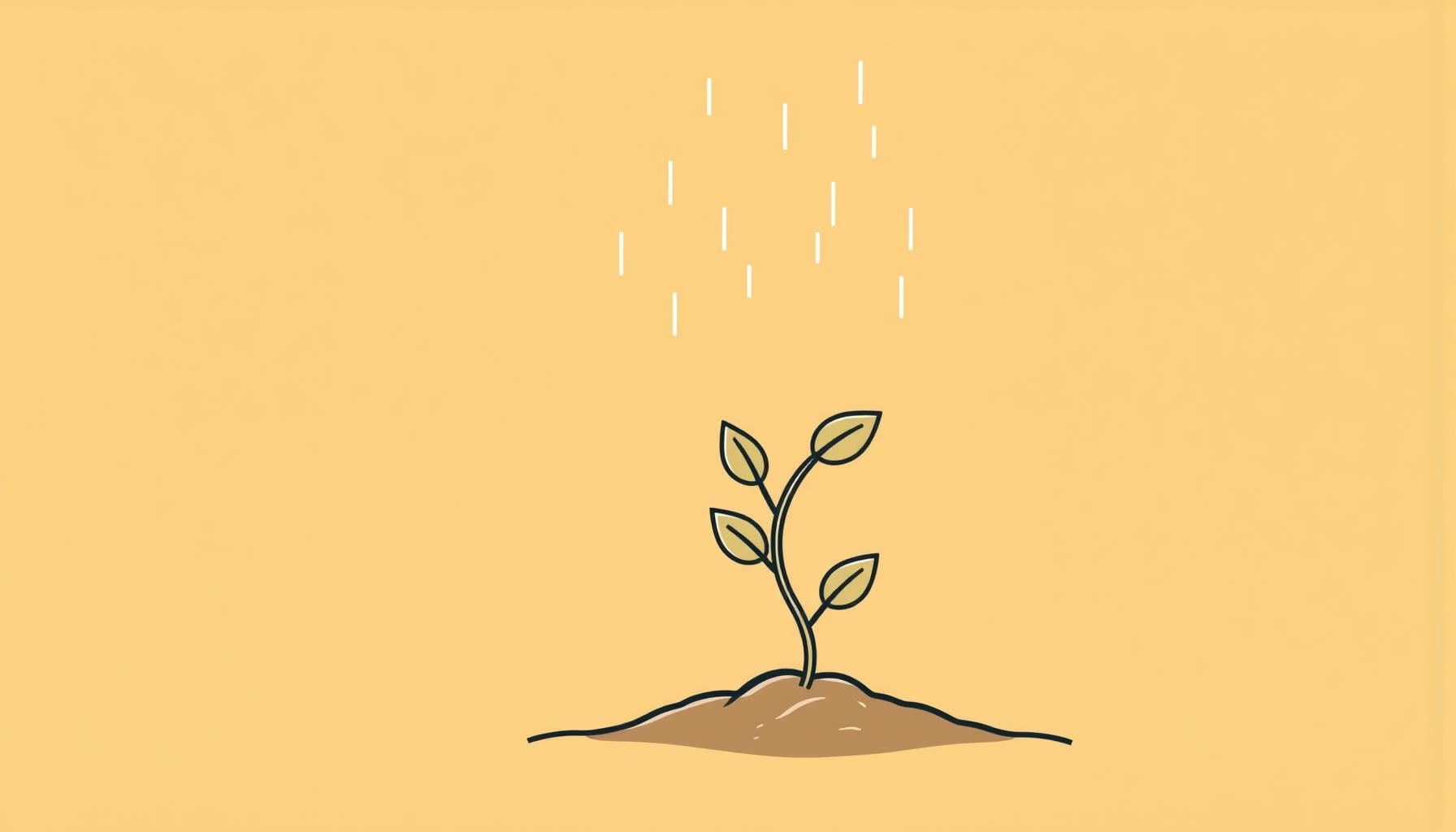
What excites me most isn’t the technology itself—it’s the joyful conversations it sparks between parents and children, between curiosity and discovery. Every interaction with AI presents an opportunity to ask better questions, seek deeper understanding, and develop those critical thinking superpowers that will serve our children throughout their lives.
Perhaps the most beautiful lesson in all of this: in a world of increasingly sophisticated AI, the most profoundly human quality we can nurture in our children is the ability to think critically, compassionately, and creatively about the world around them. As parents, we’re not protecting them from these tools; we’re guiding them to use these tools to expand their minds rather than confining them.
After all, isn’t that what all parents dream for their children—not just knowledge, but wisdom; not just information, but understanding; not just answers, but the joyful curiosity to keep asking beautiful questions that shape their future?
